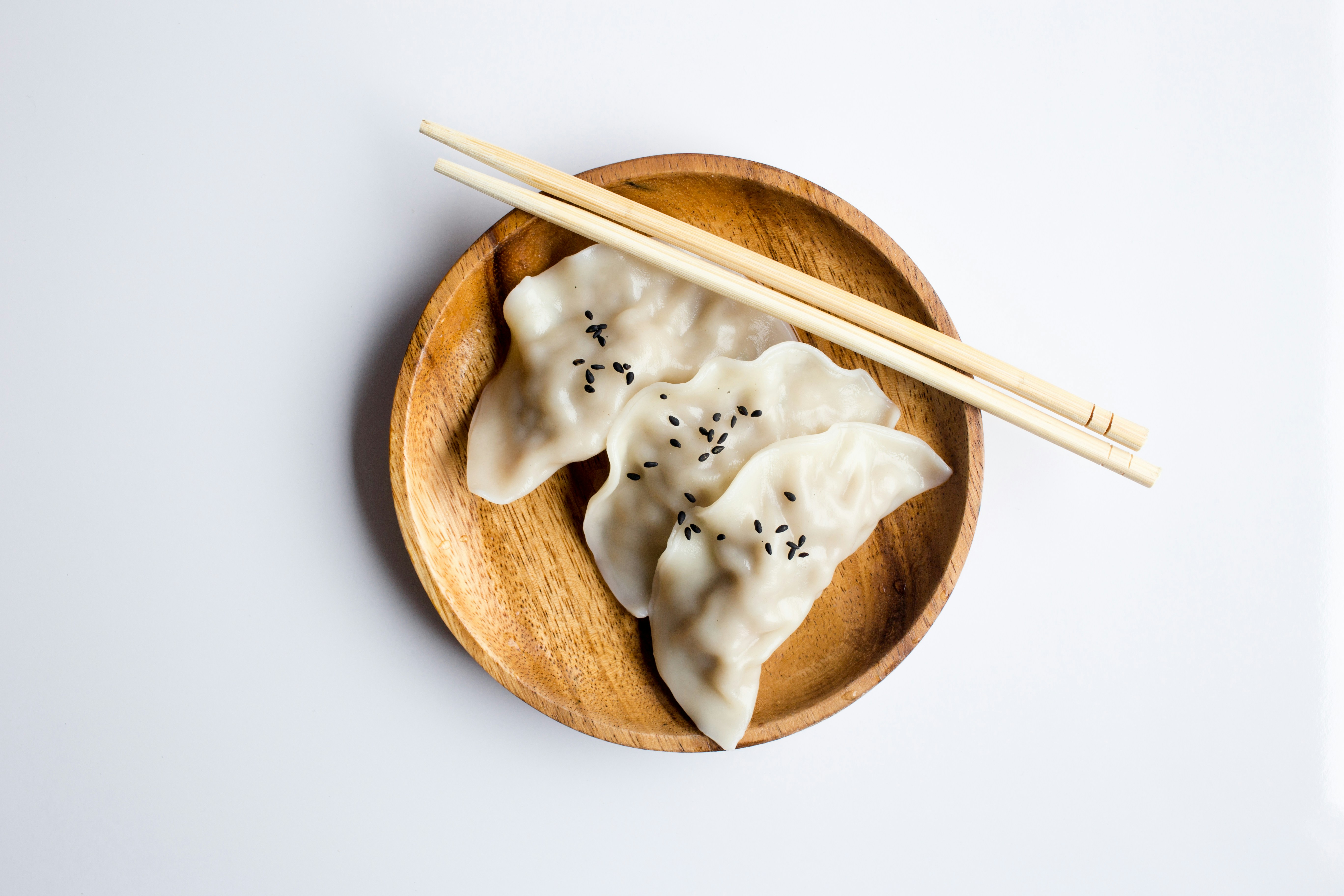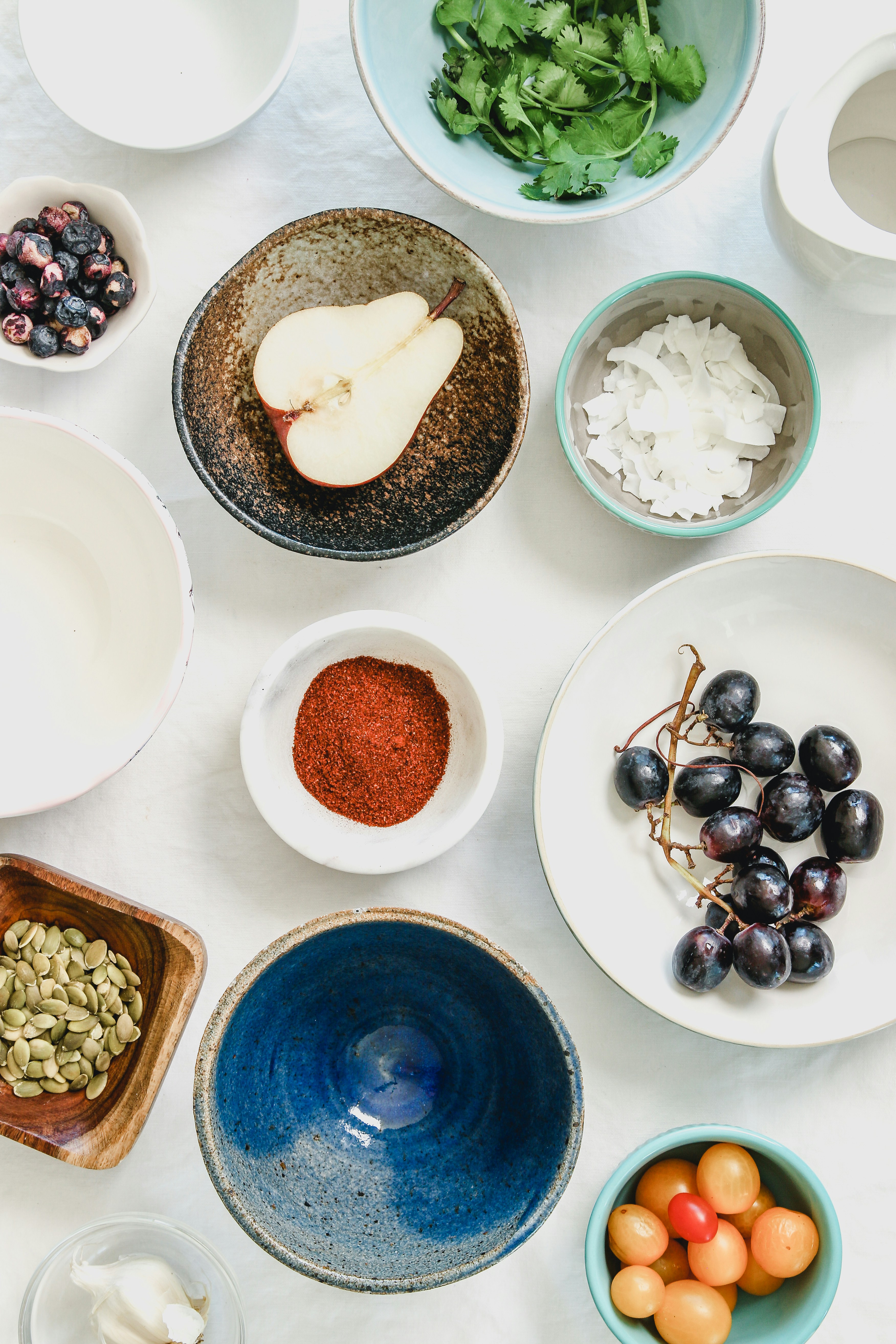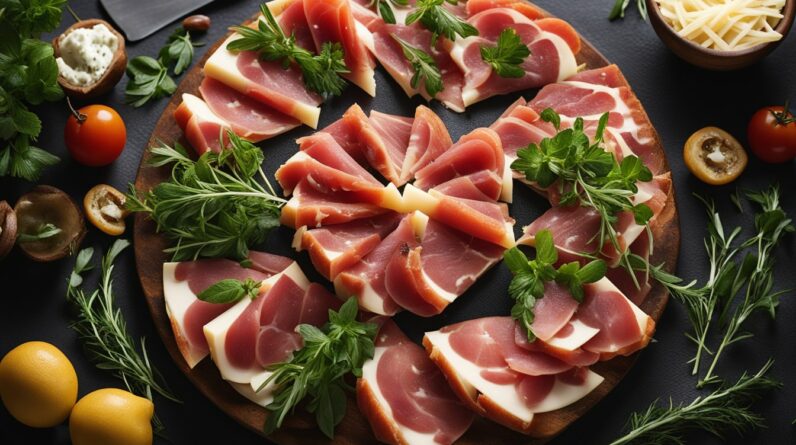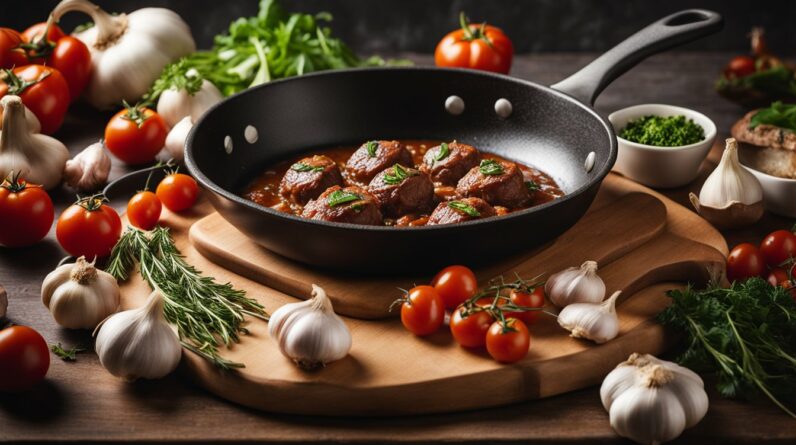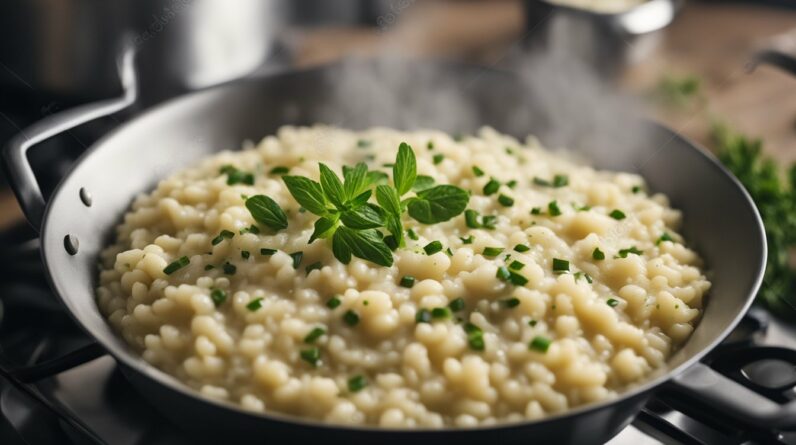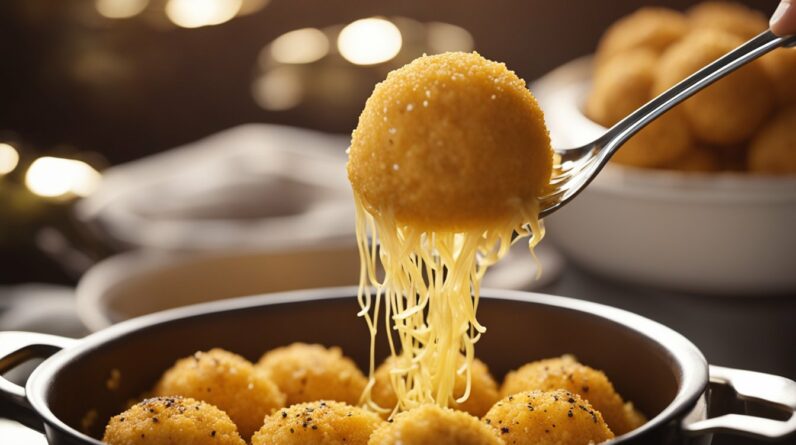Step into the vibrant world of Italian cuisine as we unravel the secrets behind the celebration of regional food festivals and culinary traditions. From the crisp bruschettas of Tuscany to the savory lasagnas of Emilia-Romagna, Italians have mastered the art of preserving their gastronomic heritage. Each region of Italy boasts its own unique specialties, and these annual food festivals provide an opportunity for locals and visitors alike to indulge in a culinary extravaganza. Embark on a mouth-watering journey as we explore the delightful customs and festive spirit that make these events an integral part of Italian culture.
Introduction to Regional Food Festivals
Significance of regional food festivals in Italy
Regional food festivals in Italy hold great significance as they provide a platform for celebrating the diverse culinary traditions that have been passed down through generations. These festivals bring together local communities, food enthusiasts, and tourists to showcase the rich gastronomic heritage of different regions. It is a time when regional specialties take center stage, inviting everyone to indulge in the unique flavors and traditions of Italy.
Role of culinary traditions in Italian culture
Culinary traditions play a vital role in Italian culture, shaping the country’s identity and fostering a sense of pride and unity among its people. Regional cuisines are deeply intertwined with historical, social, and geographical factors, reflecting the unique characteristics of each area. These traditions are cherished and upheld, not only for their deliciousness but also for the stories and customs they represent. Through regional food festivals, Italians celebrate and honor the culinary heritage that forms an integral part of their cultural fabric.
Importance of preserving and promoting regional cuisine
Preserving and promoting regional cuisine through food festivals is crucial for safeguarding Italy’s culinary traditions for future generations. As globalization continues to influence food trends, it is essential to preserve the authentic flavors and techniques that have been perfected over centuries. Regional food festivals provide a platform for highlighting the diversity and uniqueness of Italian cuisine while encouraging the cultivation and consumption of local products. By supporting these festivals, we contribute to the preservation and appreciation of Italy’s gastronomic heritage.
Typical Regional Food Festivals in Italy
Overview of popular regional food festivals
Italy is known for its vibrant and diverse food festivals that take place throughout the year. Each region boasts its own unique celebration, showcasing local specialties and culinary traditions. Some popular festivals include the Festa della Madonna Bruna in Matera, the Truffle Festival in Alba, and the Sagra del Limone in Monterosso. From seafood festivals along the coastlines to wine and cheese celebrations in the countryside, these events offer a wonderful opportunity to immerse oneself in the flavors and culture of different regions.
Variety of dishes and ingredients highlighted
At regional food festivals, visitors can expect a wide variety of dishes and ingredients unique to each area. From the rich pasta dishes of Emilia-Romagna to the fresh seafood delicacies of Sicily, there is something to satisfy every palate. Festivals often feature local specialties such as risotto in Lombardy, Neapolitan pizza in Campania, and gelato in Tuscany. It is a chance to discover lesser-known ingredients and traditional cooking techniques that define the culinary identity of each region.
Historical and cultural significance of each festival
Every regional food festival in Italy has its own historical and cultural significance, deeply rooted in the traditions and customs of the area. These festivals often trace their origins back to ancient times, symbolizing the connection between food and rituals. For example, the Festa della Madonna Bruna in Matera dates back to the 13th century and is a celebration of the town’s patron saint. Understanding the historical and cultural context of each festival adds depth and meaning to the experience of attending these events.
Preparations and Planning for Food Festivals
Organizing committees and local community involvement
The success of regional food festivals relies heavily on the efforts of organizing committees and the active involvement of local communities. These committees work tirelessly to bring together food vendors, artisans, musicians, and other contributors to create a memorable event. They coordinate logistics, secure permits, and ensure that the festival runs smoothly. Local communities lend their support by volunteering their time, sharing their knowledge, and contributing to the overall festival atmosphere. It is a collaborative effort that showcases the strong bonds within Italian communities.
Selection and preparation of traditional recipes
A crucial aspect of preparing for regional food festivals is selecting and preparing traditional recipes that represent the essence of the region. These recipes are often handed down through generations, capturing the flavors and techniques unique to each area. Cooks and chefs work diligently to master these traditional dishes, following age-old methods to ensure authenticity. Ingredients are carefully sourced to guarantee the best quality, and traditional cooking utensils may be used to maintain the integrity of the recipes. The result is a gastronomic journey that transports visitors to the heart of each region.
Sourcing local ingredients and produce
One of the fundamental principles of regional food festivals is the emphasis on locally sourced ingredients and produce. Farmers, producers, and artisans from the region are given the opportunity to showcase their products and contribute to the festival’s vibrant atmosphere. From freshly caught seafood to aromatic herbs and artisanal cheeses, these festivals celebrate the rich agricultural heritage of Italy. This commitment to local sourcing not only supports small-scale producers but also ensures the highest quality and authenticity of the food served during the festivals.
Traditional Food and Culinary Delights
Variety of regional dishes and specialties
Regional food festivals are synonymous with an incredible variety of dishes and culinary specialties. Each region offers a distinctive array of flavors, textures, and aromas which captivate the taste buds of visitors. In Liguria, the focus may be on pesto, focaccia, and locally caught fish, while in Piedmont, truffles, risotto, and hearty meat dishes take center stage. Tuscany tempts with its famous Florentine steak, ribollita, and cantucci biscuits, while Apulia showcases its delicious orecchiette pasta, burrata cheese, and olive oil. The sheer diversity of regional dishes makes these festivals a feast for all the senses.
Importance of traditional recipes and cooking methods
Traditional recipes and cooking methods are at the heart of regional food festivals, honoring the culinary heritage of each area. These recipes have been perfected over generations, often passed down within families or preserved by dedicated local chefs. From the meticulous techniques used in making pasta dough to the slow and patient simmering of rich ragù sauces, every step in the preparation of these dishes is steeped in tradition. Adhering to these time-honored practices ensures the preservation of authentic flavors and the continuation of Italian gastronomic excellence.
Significance of locally sourced ingredients
In the world of Italian cuisine, the quality and freshness of ingredients are paramount. Regional food festivals place a strong emphasis on using locally sourced ingredients, not only to support the local economy but also to celebrate the uniqueness of each region’s agricultural produce. Whether it’s the prized San Marzano tomatoes of Campania, the world-renowned Parmigiano-Reggiano cheese of Emilia-Romagna, or the aromatic saffron of Sardinia, these festivals showcase the best that the region has to offer. By highlighting locally sourced ingredients, these festivals promote sustainable farming practices and the preservation of traditional agricultural heritage.
Culinary Demonstrations and Workshops
Role of expert chefs and culinary professionals
Regional food festivals often feature culinary demonstrations and workshops led by expert chefs and culinary professionals. These individuals are masters of their craft, possessing in-depth knowledge of traditional recipes and cooking techniques. Through their demonstrations, they provide valuable insights into the preparation and presentation of regional dishes. Their expertise helps to inspire budding chefs and instill a sense of pride in the culinary traditions of their region.
Interactive cooking workshops and classes
Interactive cooking workshops and classes are a popular feature of regional food festivals, allowing participants to learn hands-on from experienced cooks and chefs. These workshops provide an opportunity to delve deeper into the culinary traditions of the region, gaining practical skills and knowledge that can be taken home and shared with others. From making homemade pasta to perfecting the art of pizza dough, these classes offer an immersive and educational experience for food enthusiasts of all ages.
Promoting traditional cooking techniques and skills
Promoting traditional cooking techniques and skills is a key objective of culinary demonstrations and workshops at regional food festivals. By showcasing these techniques, chefs inspire a new generation to appreciate and embrace the traditional methods that have been integral to Italian cuisine for centuries. Whether it’s the precise hand-rolling of pasta or the art of wood-fired oven baking, these demonstrations highlight the value of preserving traditional skills and encourage their continued practice in modern kitchens.
Food Tastings and Competitions
Sampling and showcasing regional delicacies
Food tastings are a highlight of regional food festivals, offering visitors the opportunity to sample a wide range of regional delicacies. From street food stalls to dedicated tasting events, these festivals are a gastronomic adventure where one can savor the flavors of each region. Whether it’s trying the famous cannoli of Sicily or indulging in the creamy gelato of Florence, visitors can explore the distinctive tastes and textures that make each region’s cuisine unique.
Judging criteria for food competitions
Food competitions add an element of friendly rivalry to regional food festivals, allowing participants to showcase their culinary talents and creativity. Judges evaluate entries based on several criteria, including taste, presentation, and adherence to traditional recipes. The competitions celebrate innovation while upholding the authenticity of regional cuisine. Through these competitions, participants and spectators alike gain a deeper appreciation for the skill and artistry involved in creating exceptional dishes.
Recognition and awards for outstanding dishes
Recognition and awards are given to outstanding dishes and culinary creations at regional food festivals. These accolades acknowledge the passion, dedication, and talent of the chefs and cooks who have gone above and beyond in their culinary endeavors. The awards not only provide a sense of accomplishment for the winners but also inspire others to strive for excellence in their own culinary pursuits. By celebrating outstanding dishes, these festivals reinforce the importance of quality and innovation in Italian cuisine.
Food Markets and Artisanal Products
Market stalls offering local and traditional products
Food markets are an integral part of regional food festivals, creating a vibrant and bustling atmosphere where visitors can explore the diverse array of local and traditional products. Market stalls display an enticing selection of fresh produce, handmade pastries, artisanal cheeses, cured meats, and much more. Local farmers and producers often sell their products directly, allowing visitors to engage in conversations about their craft and gain insights into traditional production methods.
Regional food artisans and producers
Regional food festivals provide a platform for food artisans and producers to showcase their skills and products. From bakers and cheesemakers to winemakers and olive oil producers, these festivals celebrate the craftsmanship behind many renowned Italian delicacies. Visitors have the opportunity to meet the artisans, learn about their unique techniques, and sample their products. Supporting these artisans not only ensures the continuation of traditional food production but also preserves the cultural and culinary heritage of each region.
Opportunities for visitors to buy and taste authentic Italian ingredients
Food markets at regional food festivals are a treasure trove for visitors seeking authentic Italian ingredients to take home. The abundance of local products, often sourced directly from the farmers and producers, ensures the highest quality and provides an opportunity to taste the true flavors of Italy. Visitors can stock up on regional specialties, such as truffles, olive oil, cheeses, and wine, allowing them to recreate the authentic Italian experience in their own kitchens. These markets offer a unique chance to connect with the culinary traditions and flavors of Italy, long after the festival has ended.
Entertainment and Cultural Activities
Live music performances showcasing regional traditions
Entertainment is an integral part of regional food festivals, with live music performances taking center stage. These performances often feature traditional instruments and songs unique to each region, allowing visitors to immerse themselves in the cultural heritage of Italy. Whether it’s the lively tarantella of the South or the melodic accordion tunes of the North, music provides a joyful and celebratory backdrop to the gastronomic festivities.
Traditional dance and folk music
In addition to live music performances, regional food festivals often showcase traditional dance and folk music. Dancers in colorful costumes fill the streets, performing choreographies that have been passed down through generations. These lively and spirited displays reflect the cultural diversity of Italy and convey a sense of pride in regional traditions. Through dance and music, visitors gain a deeper understanding and appreciation of the heritage that shapes each region’s identity.
Exhibitions and displays highlighting local culture
Exhibitions and displays at regional food festivals offer a glimpse into the local culture and artisanal traditions. Booths showcase traditional craftsmanship, such as pottery, lacework, and woodworking, providing an opportunity to witness the skills and artistry passed down through generations. Historical artifacts and photographs may also be on display, recounting the stories and traditions that have shaped the region. These exhibitions enrich the festival experience, allowing visitors to further immerse themselves in the cultural tapestry of Italy.
Celebratory Parades and Processions
Colorful parades featuring traditional costumes
To mark the occasion of regional food festivals, colorful parades featuring traditional costumes are often held. Participants dress in attire that represents the historical and cultural heritage of their region, adding a vibrant and festive atmosphere to the festivities. Parades offer a visually striking display of regional pride, allowing visitors to experience the beauty and richness of Italy’s traditional dress.
Symbolic offerings and displays
Parades and processions during regional food festivals may also include symbolic offerings and displays. These offerings pay homage to local customs and traditions, often having religious or historical significance. For example, in certain regions, baskets of freshly baked bread or handmade pasta are carried as a symbol of abundance and prosperity. Visitors can witness these displays and gain insights into the rituals and symbolism that form an integral part of the region’s culture.
Community participation and pride
One of the most heartwarming aspects of celebratory parades and processions during regional food festivals is the active participation of the community. Locals of all ages come together, donning traditional costumes, and proudly representing their region. The sense of pride and unity is palpable as the community showcases their cultural heritage to the world. Witnessing these parades allows visitors to feel the warmth and camaraderie that define the community spirit of Italy.
Socializing and Building Community
Gatherings with family and friends
Regional food festivals provide an opportunity for Italians to gather with family and friends, sharing in the joy of celebrating their culinary traditions. Food is a universal language that brings people together, and these festivals offer a time for loved ones to reconnect and enjoy each other’s company. Whether it’s sharing a meal, browsing market stalls, or participating in cultural activities, these gatherings foster strong bonds and create lasting memories.
Sharing food and stories
Food festivals are not just about eating delicious dishes; they are also about sharing stories and experiences. Italians take pride in their culinary traditions and love sharing the stories behind their favorite recipes and local specialties. Festival-goers may strike up conversations with food vendors, artisans, and fellow attendees, exchanging anecdotes and recommendations. In this communal atmosphere, strangers become friends, and everyone becomes part of the larger Italian food family.
Strengthening community bonds
Regional food festivals play a crucial role in strengthening community bonds, both within individual regions and across the country. These festivals celebrate the collective identity of Italians and encourage a sense of belonging and pride in their shared cultural heritage. As locals and visitors come together to enjoy regional delicacies, partake in lively festivities, and showcase their respective traditions, they contribute to the vibrant tapestry of Italian culture. Through these bonds, regional food festivals unite and inspire communities, fostering a lasting legacy for future generations to cherish.
In conclusion, regional food festivals in Italy hold deep cultural and culinary significance. They serve as a platform for celebrating and preserving the diverse culinary traditions that define the country’s unique gastronomic heritage. These festivals not only showcase the incredible variety of regional dishes and ingredients but also promote traditional recipes, cooking techniques, and skills. Through food tastings, culinary competitions, live entertainment, and community engagement, these festivals bring people together, fostering a sense of pride and unity. By attending and supporting regional food festivals, we embrace the flavors, stories, and traditions that make Italian cuisine so beloved and timeless.


